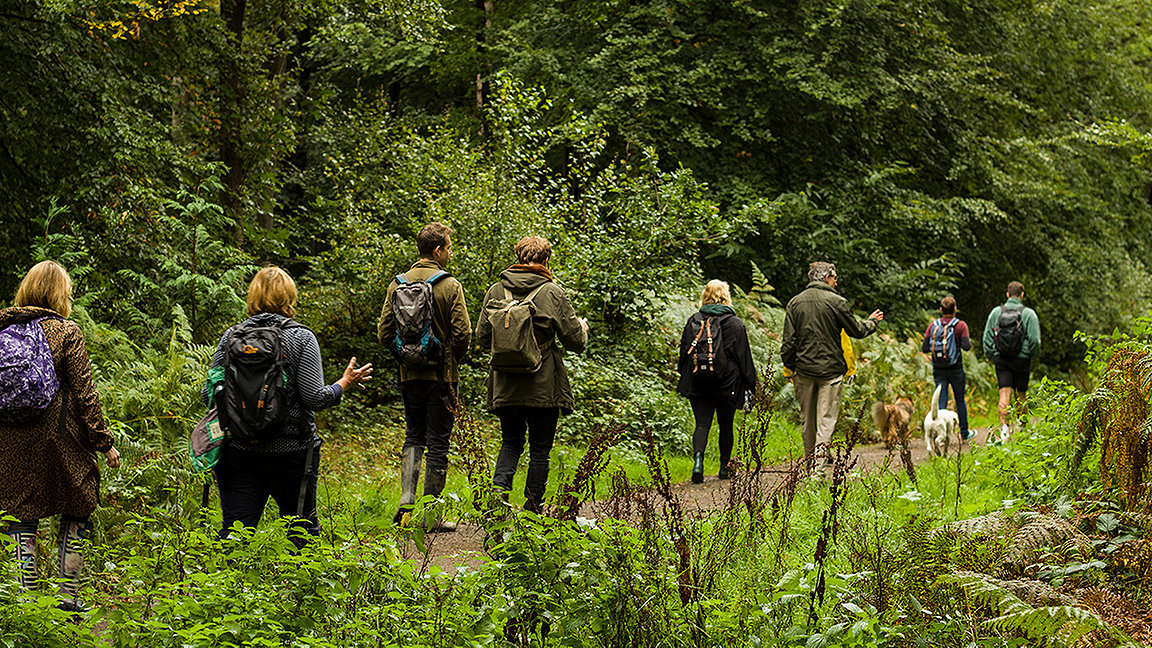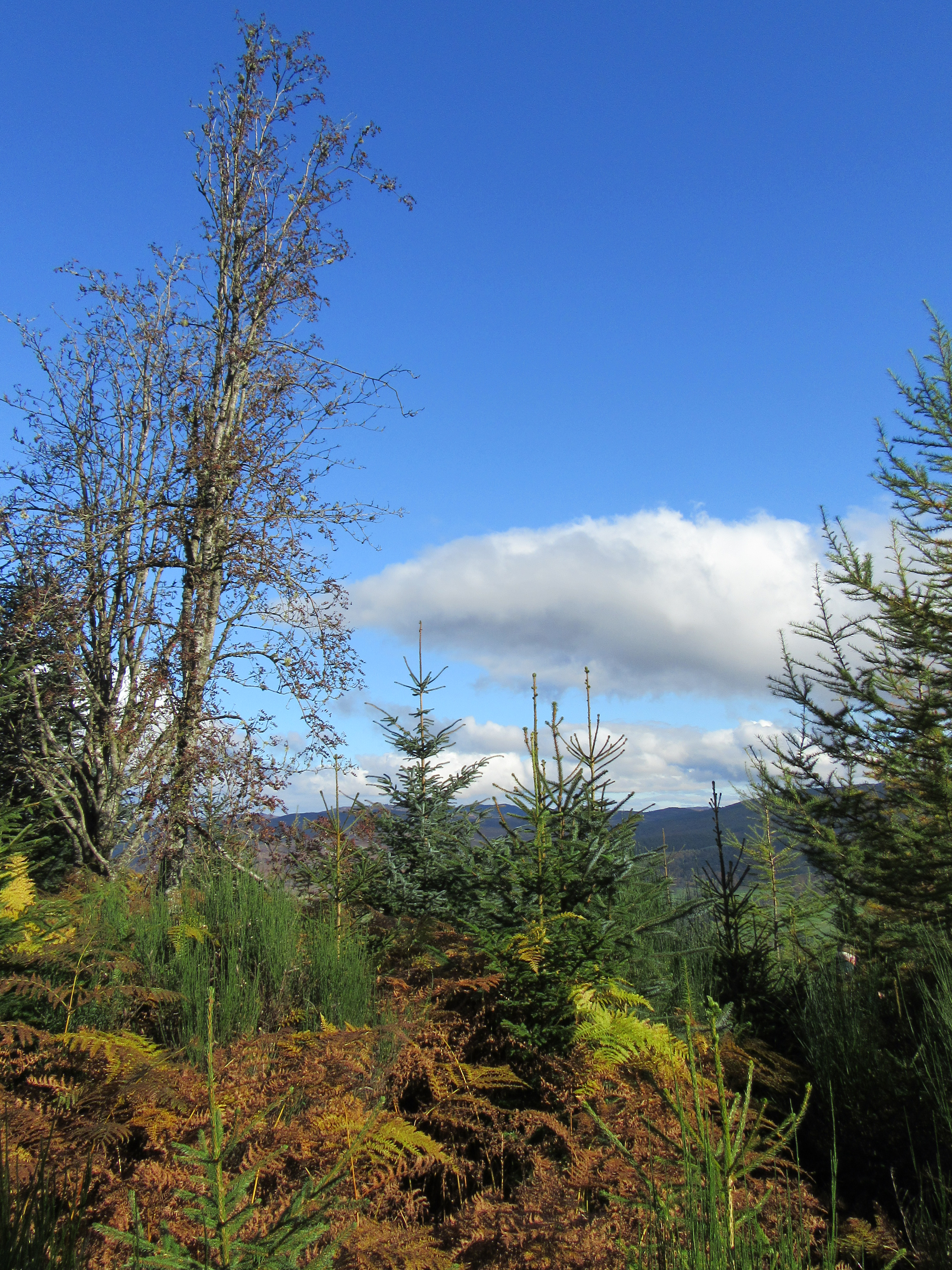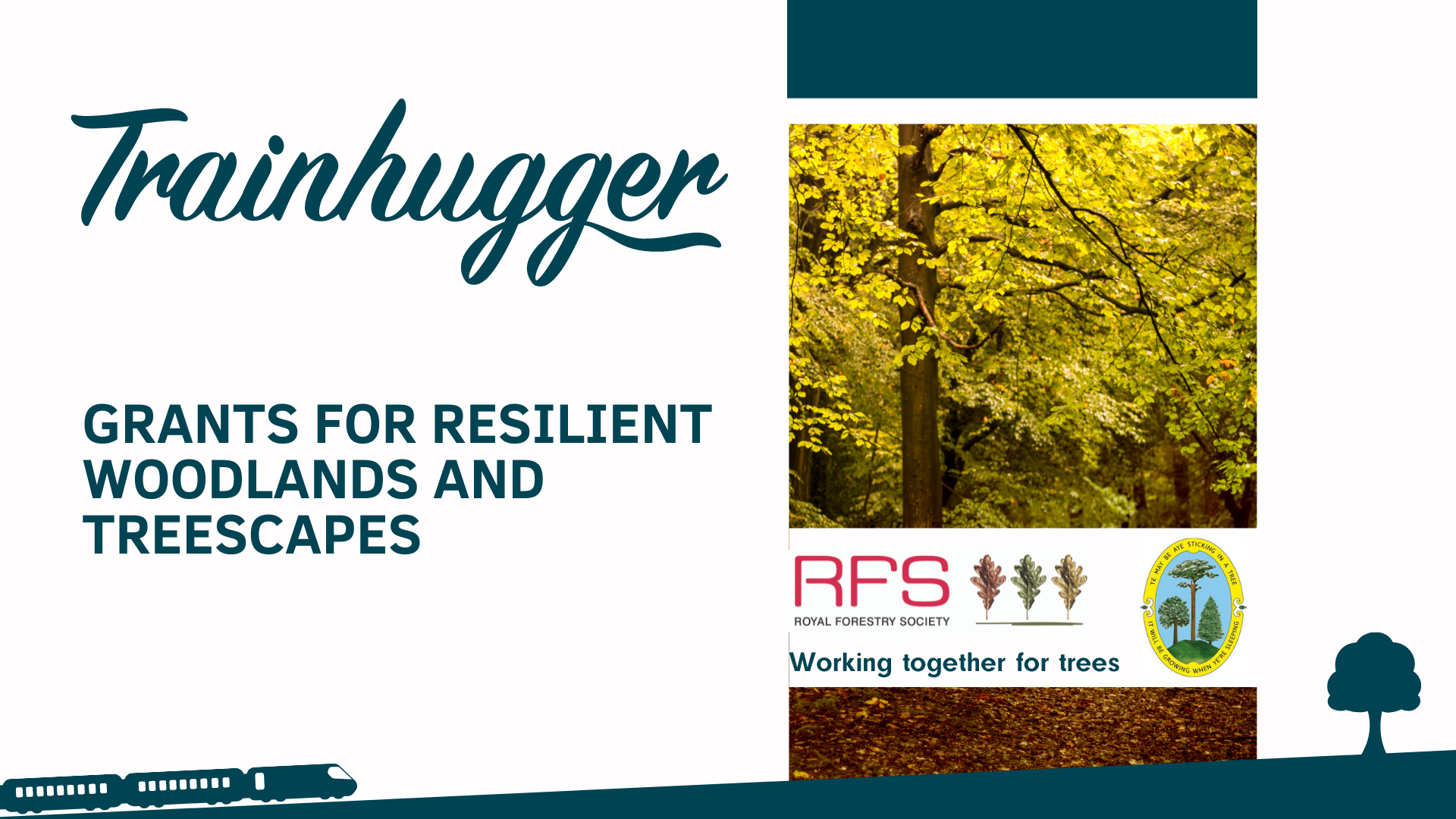
The new Trainhugger ticket booking platform was designed to make a difference to the environment through responsible tree planting. Working together, the Royal Forestry Society (RFS), The Royal Scottish Forestry Society (RSFS) and Trainhugger can help landowners and their advisers ensure the right trees are planted in the right places and given the right care.
For every transaction made through the Trainhugger platform 50p of the booking fee is given as a grant at a rate of 50p per tree to RFS and RSFS members who successfully apply for a Trainhugger grant to grow healthy, resilient trees in the UK. Ticket prices are the same as competitors, yet every booking made through Trainhugger means a tree will be planted.
Importantly, the tree planting grants encourage calculated risks and innovation with new species, mixes or silvicultural techniques. They can also be used to introduce diversity – species and structural – into forests, woodlands and landscapes.
This is important because diversity builds in resilience to woodlands. For example, if you have many different species of tree you are less likely to lose all the trees in your woodland to pests and diseases that tend to affect certain types of trees, such as ash dieback.
Structural diversity, that is having trees of different ages, heights and sizes, also helps to build in resilience by providing a wider range of habitats for wildlife. And high levels of biodiversity are characteristic of healthy woodlands. Greater structural diversity in woodlands can also mean that trees reach harvesting age at different times. This can benefit biodiversity by avoiding a sudden change in the habitat products when trees are felled to make essential wood products.
The grant programme has been developed in a partnership between the new train ticket search and booking service Trainhugger, the Royal Forestry Society (RFS) and the Royal Scottish Forestry Society (RSFS) to help in the fight against rapid climate change.
- restocking – replacing trees that have been felled to make essential wood products or to remove diseased trees
- underplanting – planting new trees under a canopy of older trees to add structural diversity
- enrichment – planting to supplement patchy woodlands, which are often not eligible under other grant schemes.
- a straightforward application process
- no application deadlines
- decisions in six weeks
- flexible eligibility criteria for the type of tree planting.

Grant criteria
To be successful, schemes must plant between 500 and 20,000 trees in England, Scotland, Wales or Northern Ireland. They must demonstrate that the species or planting methods and ongoing care support the trees' resilience. For instance, grants cannot be used to plant single-species woodland or just replant trees. At least 80,000 trees will be planted in an initial pilot of the grant, with hundreds of thousands more planned.
- no additional external funding towards the cost of purchasing the trees is received; any other funding is used for relevant work such as deer fencing, tree guards or ongoing care
- the Trainhugger grant constitutes no less than 51% of the total funding received for the cost of purchasing the trees.
- no additional external funding towards the cost of purchasing the trees is received; any other funding is used for relevant work such as deer fencing, tree guards or ongoing care
- the Trainhugger grant constitutes no less than 51% of the total funding received for the cost of purchasing the trees.
Applications from individuals, local authorities, schools, charities, companies and other organisations are welcome. However, the Trainhugger grant cannot be used to support schemes from central government agencies.
Decisions are made within six weeks of receipt of a completed application form. Successful applicants will have two full seasons to complete their tree planting. Applicants must then provide reasonable evidence that they have planted trees in line with the plans set out in their application form.
Both the RFS and the RSFS aim to follow some schemes as case studies, sharing their findings on different planting approaches and designs with all who have an interest in creating resilient treescapes.
Applicants for the grants will need to show commitment to learning and best practice by remaining members for the duration of the agreement, which will usually be two years. They will also need to confirm that projects can be carried out lawfully and with the landowner's permission. If submitting plans to plant 5,000 or more trees, these must be accompanied by a management plan and a felling licence, where required by law.
Consideration must be given to the species of trees that are proposed, with reference to site conditions and future climate change predictions. Where possible, Forest Research's Ecological Site Classification tool should be used to inform planting proposals.
Accessing the application form
Read the full terms and conditions of the grant and complete your application form. If you have any queries, watch the webinar, or email the RFS with 'Trainhugger grant' in the subject line.

